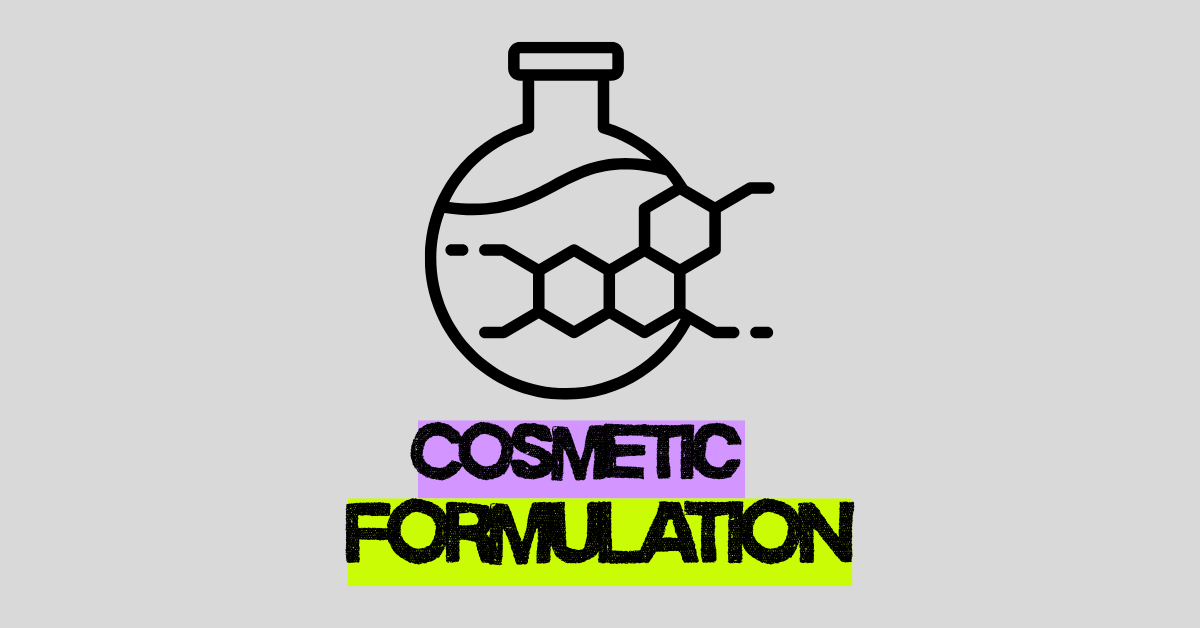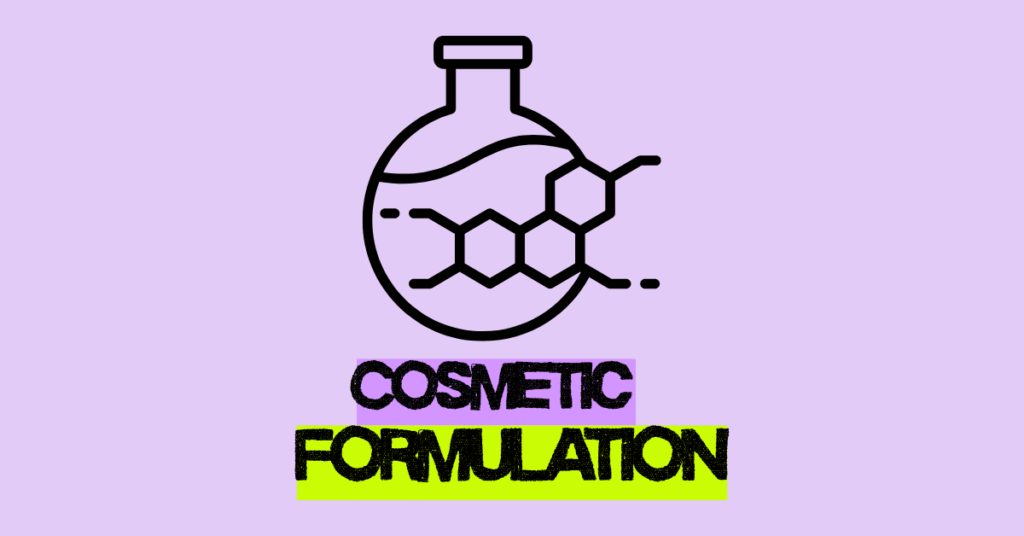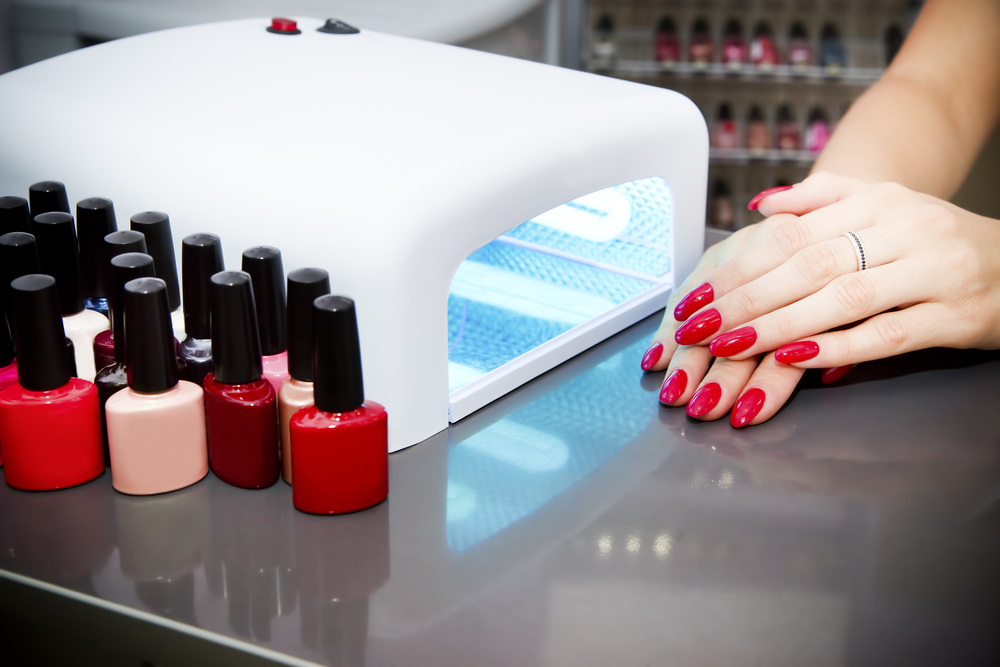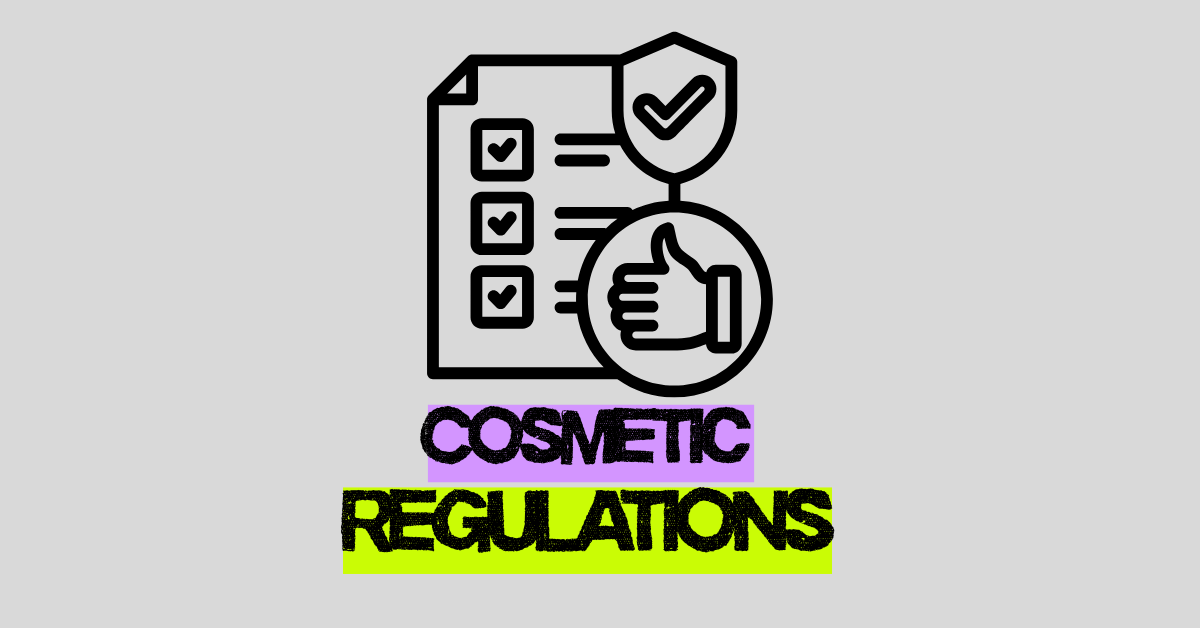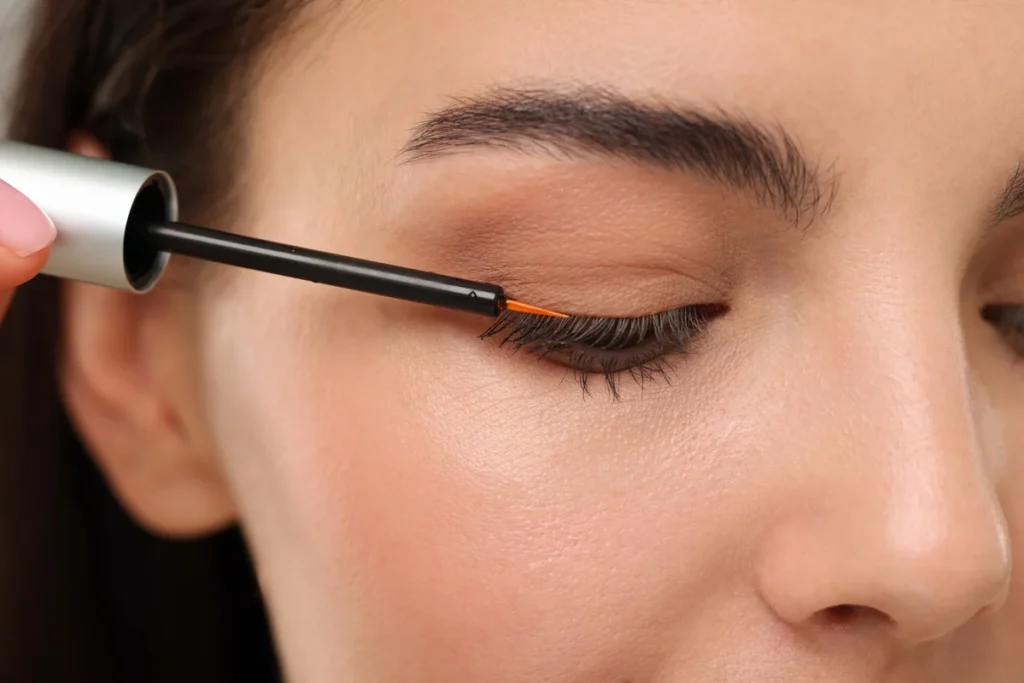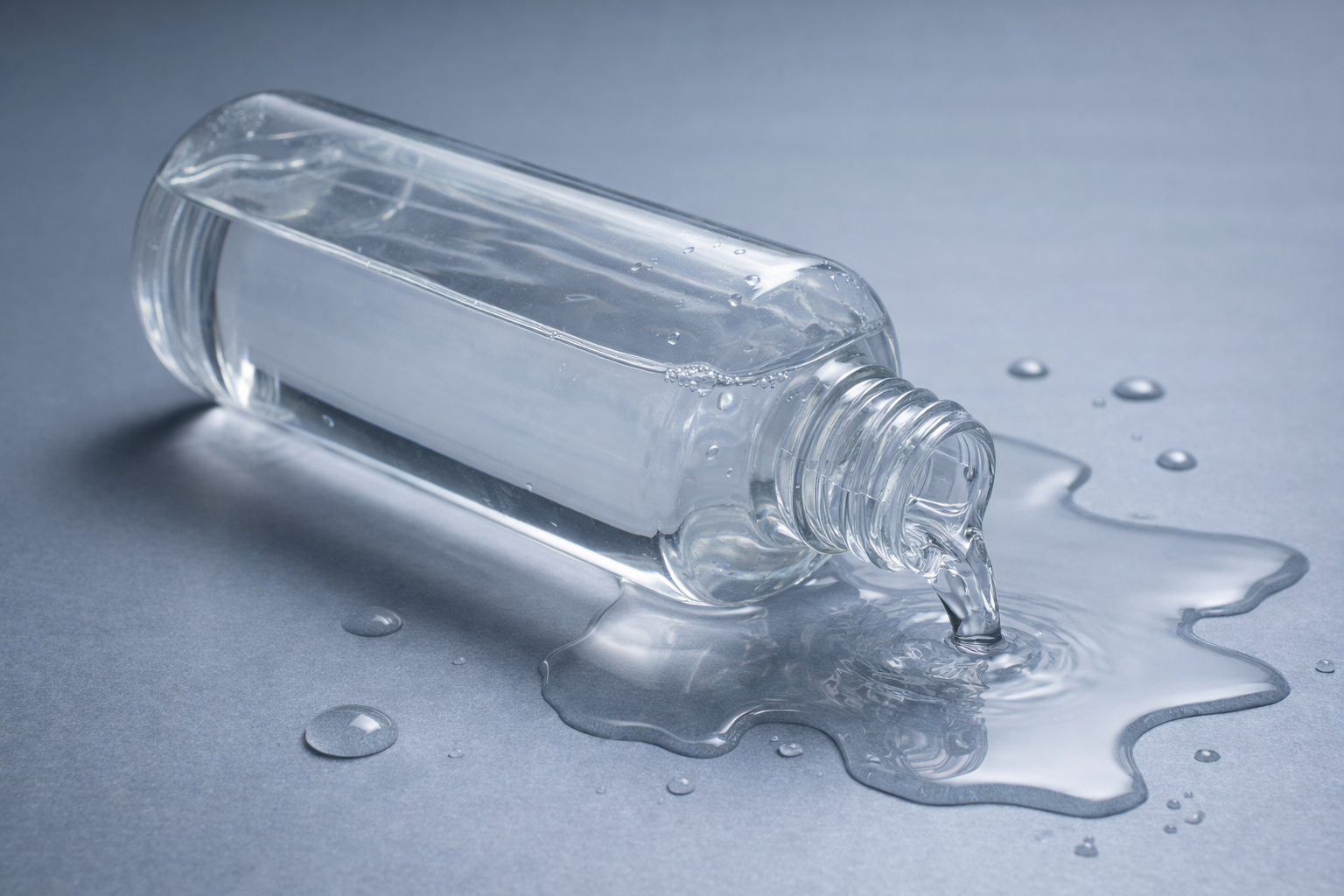
Squalane, squalene and hemisqualane sound confusingly similar, what are the differennces between them? They are all oily, emollient materials, yet their chemistry and stability make them useful in different sorts of formulations.
Squalene – what your skin makes
Squalene with an e is the one your skin actually produces itself, as part of the natural sebum. This is what keeps the barrier layer flexible and comfortable. It does such a good job that we hardly notice it, but when you think about it skin does a remarkable job of moving around while we are living our lives. There is no synthetic material that is anywhere near as able to shift and stretch under the various ways our arms, legs and faces move all the time. We just don’t know how to come up with a lubricant that is as good. And squalene is a big contributor to this lubrication.

